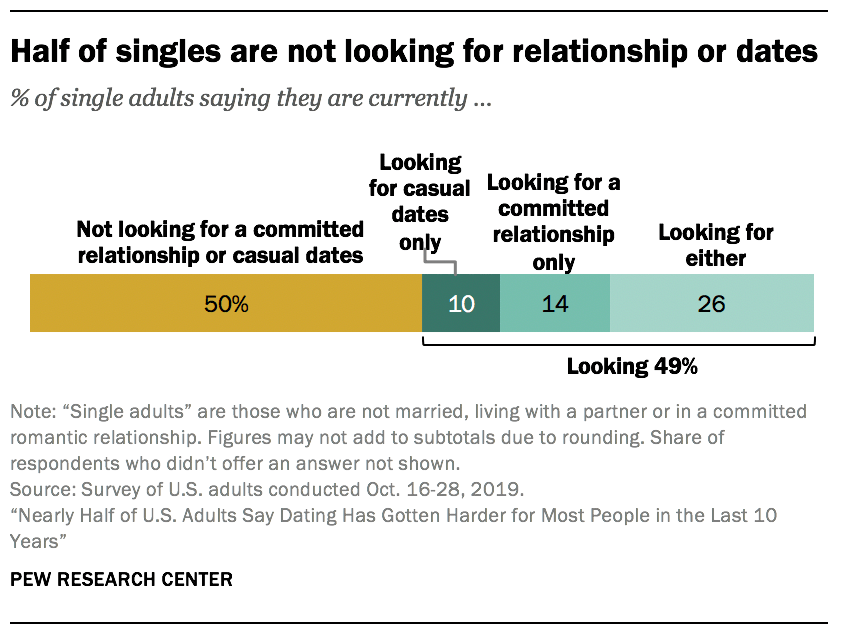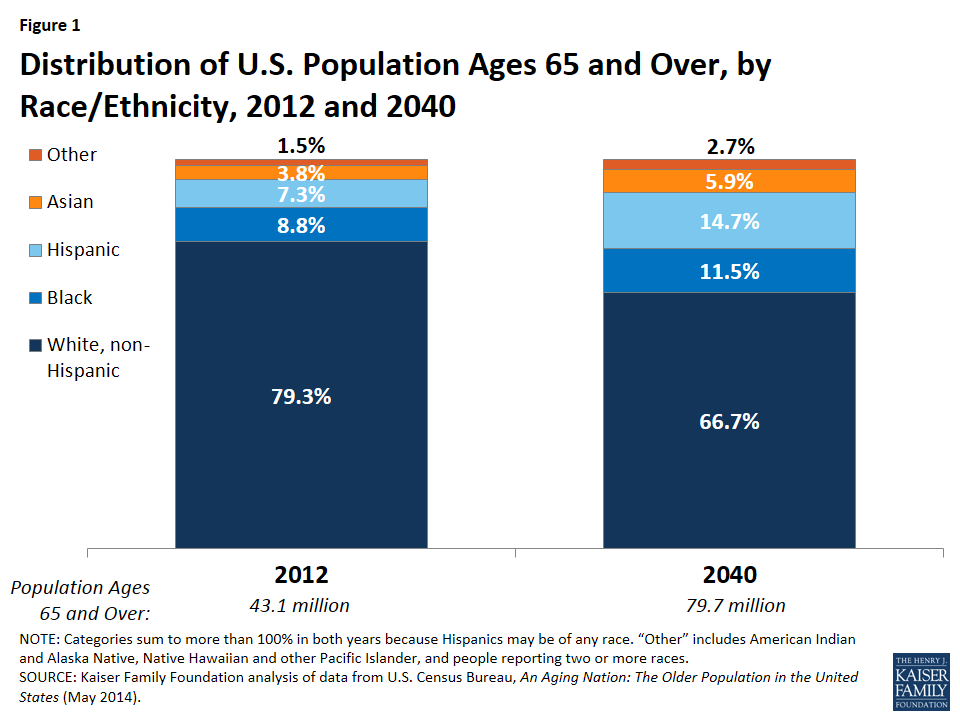38 of adults in the u s have searched for information online about their romantic interest for those younger than 30 the percentage rises to 64

38% of adults in the U.S. have searched for information online about their romantic interest. For those younger than 30, the percentage rises to 64%.

In the digital age, it comes as no surprise that the way we approach dating and relationships has been affected. According to a study conducted by Pew Research Center, a staggering 38% of adults in the United States have taken to the internet to gather information about someone they are romantically interested in. This percentage shoots up to 64% for those individuals who are younger than 30. These findings highlight the increasing role of technology in the realm of love and the profound impact it has on our dating experiences.
The widespread availability and accessibility of the internet have revolutionized the way we navigate the world of romantic relationships. It has provided us with a vast array of resources that were previously unavailable, enabling us to gain insights into our potential partners before even meeting them. With a simple online search, we can uncover a wealth of information about their interests, hobbies, professional background, and even potential red flags. Armed with this knowledge, individuals can make informed decisions and better assess compatibility, increasing the likelihood of successful and fulfilling relationships.
However, this digital dependency also raises concerns regarding privacy, trust, and the blurred lines between curiosity and invasion of privacy. The study conducted by Pew Research Center sheds light on the fact that our quest for information goes beyond a simple search engine query. Social media platforms have become key tools for gathering information about potential partners. Scrolling through their online profiles, we gain insights into their social circles, beliefs, and values. While this can be advantageous in establishing common ground, it can also lead to inadvertent assumptions and biases based on limited online representations.

Moreover, the abundance of online information does not necessarily lead to accurate judgment. We must be cautious about the validity and reliability of the information we find. Online personas can be carefully curated, presenting an idealized version of reality. It is essential to take online information with a grain of salt and remember that it does not provide a comprehensive understanding of a person’s true character.
Despite its drawbacks, the prevalence of searching for information online demonstrates our desire for transparency and informed decision-making. People want to ensure they are investing their time and emotions into relationships that have the potential for long-term compatibility and happiness. The internet has become a powerful tool for individuals to understand their romantic interests on a deeper level, fostering trust and mutual understanding.
It is important to strike a balance between the benefits and limitations of online information gathering. While it can be helpful to learn about a potential partner before committing to a relationship, it is crucial to maintain open communication and not solely rely on online profiles or search results. Face-to-face interactions and genuine conversations remain essential for building authentic connections and true intimacy.
In conclusion, the increasing trend of searching for information online about romantic interests reflects the evolving dynamics of modern dating. The internet has provided us with a wealth of information that can aid decision-making and compatibility assessment. However, it is important to approach online searches with caution and recognize the limitations of this approach. True connections are built on a foundation of trust, open communication, and genuine interactions that go beyond the digital realm.
Source: Pew Research Center
Share
Related Posts
Quick Links
Legal Stuff

